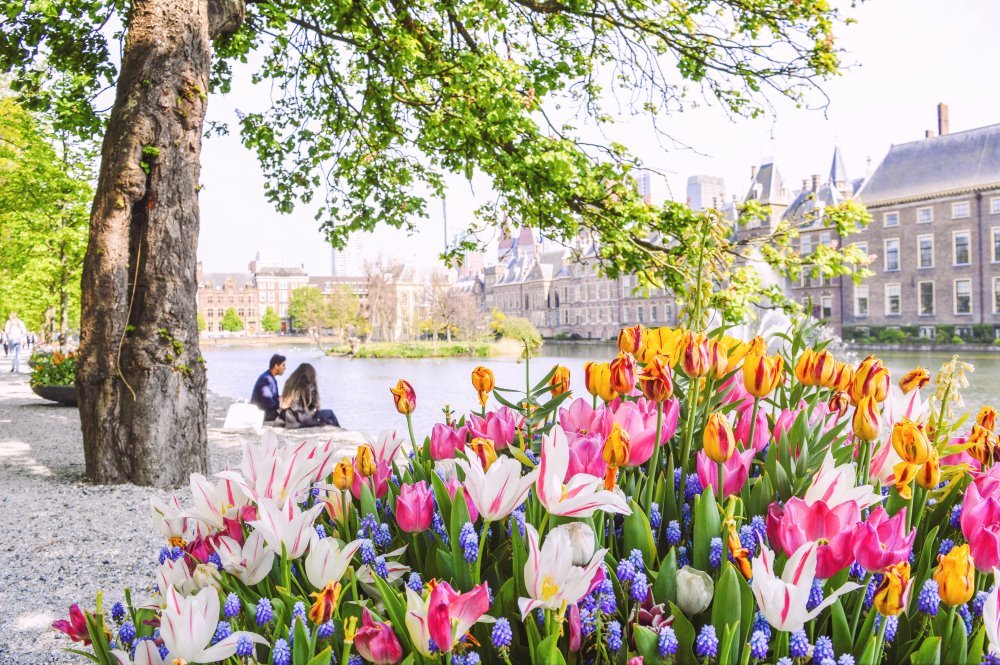Amsterdam, one of Europe’s most popular tourist destinations, is taking a bold step in the fight against mass tourism by announcing plans to ban new hotels in the city. The move comes as Amsterdam grapples with the negative effects of overtourism, including overcrowding, rising rents, and a strain on infrastructure.
The city’s deputy mayor, Victor Everhardt, recently announced the decision to stop issuing permits for new hotels in Amsterdam’s city center. The ban will apply to hotels with more than 50 rooms, as smaller boutique hotels are seen as having less impact on the city’s neighborhoods.
The decision to ban new hotels is part of a larger strategy to manage tourism in Amsterdam more effectively. The city has already implemented measures such as restricting Airbnb rentals and cracking down on party boats in its famous canals. Amsterdam’s new mayor, Femke Halsema, has made it clear that she wants to prioritize the needs of residents over the desires of tourists.
The ban on new hotels is aimed at reducing the strain on Amsterdam’s infrastructure and preserving the city’s unique character. The influx of tourists in recent years has led to overcrowding in popular areas such as the Red Light District and the Jordaan neighborhood. Residents have complained about noise, litter, and disruptions to their daily lives.
By limiting the number of new hotels, Amsterdam hopes to encourage more sustainable tourism practices. The city is also exploring other ways to manage tourism, such as promoting alternative neighborhoods and attractions, and encouraging visitors to explore beyond the city center.
The ban on new hotels is a controversial move, with some critics arguing that it could hurt Amsterdam’s tourism industry. However, city officials believe that it is necessary to protect the city’s livability and ensure that tourism benefits residents as well as visitors.
Overall, Amsterdam’s decision to ban new hotels is a bold step in the fight against mass tourism. By taking proactive measures to manage tourism, the city hopes to preserve its unique charm and ensure a more sustainable future for both residents and visitors.





